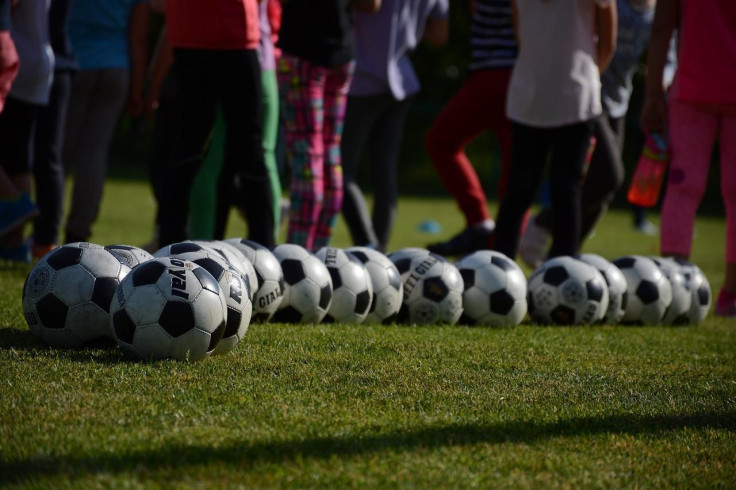Researchers Find Out How Participation In Team Vs Individual Sports Affects Youths' Mental Health
KEY POINTS
- Researchers looked at data from over 11,000 children and adolescents in the U.S.
- Those engaged in team sports were less likely to have signs of mental health issues
- Those 'exclusively' in individual sports had more mental health difficulties
How can sports affect youths' mental health? Young people who engage in team sports may have fewer mental health difficulties, but those who play individual sports may fare worse than those who don't participate in sports at all, a new study has found.
Mental health difficulties are quite common among the world's children and adolescents, researchers noted in their new study that was published in PLOS ONE Wednesday. While some studies found that participating in youth sports could help protect them from mental health difficulties, others discovered that such activities might lead to "adverse outcomes" such as burnout and anxiety.
The researchers sought to explore the links between participation in organized sports and mental health difficulties among children and adolescents in the U.S. To do this, they looked at a sample of 11,235 children aged 9 to 13 who were either participating in a team sport, an individual sport, both team and individual sports and no sport at all. Their parents also reported on their children's mental health difficulties via the Child Behavior Checklist, the Public Library of Science (PLOS) said in a news release.
Indeed, the researchers found that the youths who participated in team sports were less likely to have signs of mental health issues such as anxiety and depression, social problems and withdrawal compared to those who did not do sports.
According to the researchers, these findings "align" with previous work on the subject, highlighting the benefits of participating in team sports on youths' mental health. They noted that this could be because of the "opportunities for positive social interactions" that team sports provide or perhaps the "sense of closeness and cohesion" with teammates may be benefiting their mental health.
They also found that those who played both individual and team sports "generally" had similar mental health profiles as those who did not engage in sports. Though for females (compared to the males), those who participated in team sports or both team and individual sports also had lower scores in rule-breaking behavior compared to non-participants of sports.
Interestingly, however, they found that those who engaged "exclusively" in individual sports had more mental health difficulties than those who didn't do sports at all. This, they said, is "in contrast" to their hypothesis.
"Individual sport participants demonstrated greater anxiety and depression, withdrawal, social problems, and attentional problems," they wrote. "It is possible that some children and adolescents who compete in individual sports experience significant stress associated with performing independently, which could contribute to mental health problems."
Overall, the findings support previous research suggesting the benefits of children and adolescents' participation in team sports. However, more studies may be needed to fully understand the impact of individual sports, as the researchers also noted previous studies that found benefits such as having fewer social phobia symptoms in adulthood.
"Thus, our finding that individual sport participants may be at increased risk for mental health difficulties (relative to non-sport participants) requires more investigation," they wrote. "Future research should confirm to what extent, and under what circumstances, participating in strictly individual sport may be problematic for child and adolescent mental health outcomes."

© Copyright IBTimes 2024. All rights reserved.






















